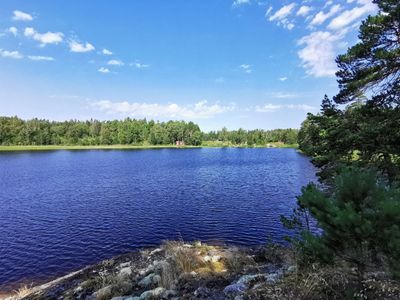The course intends to give a deeper insight into three of the renewable energy sources and energy storage that was brought up at a general level in the course renewable Energy, MJ2411: Solar energy, wind energy and bioenergy. These renewable sources and energy storage are considered to be the most important in the future energy system and contribute to reduction of the emissions of greenhouse gases. After the course, students can analyse and design energy systems that are based on wind, sun or bioenergy and that can meet a predetermined need of electricity/heat/cold with energy storage
- Solar energy
- Wind power
- Bioenergy
- Energy storage
